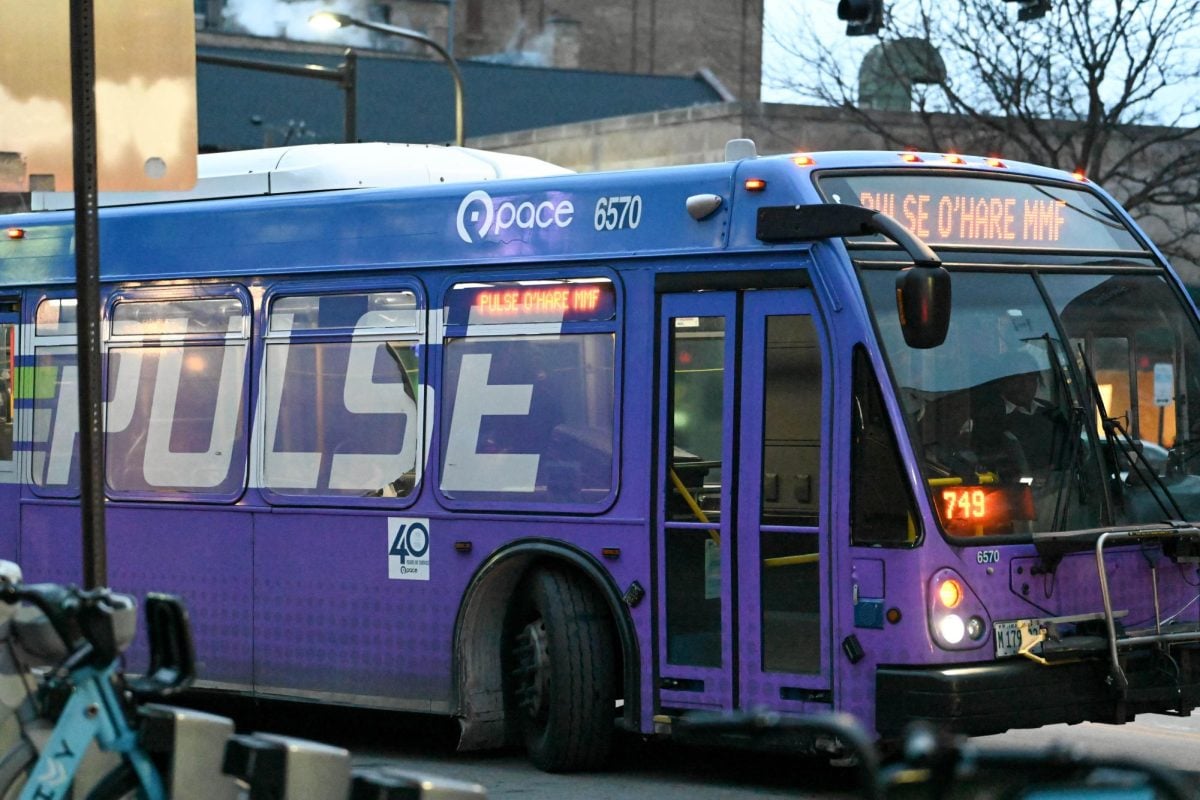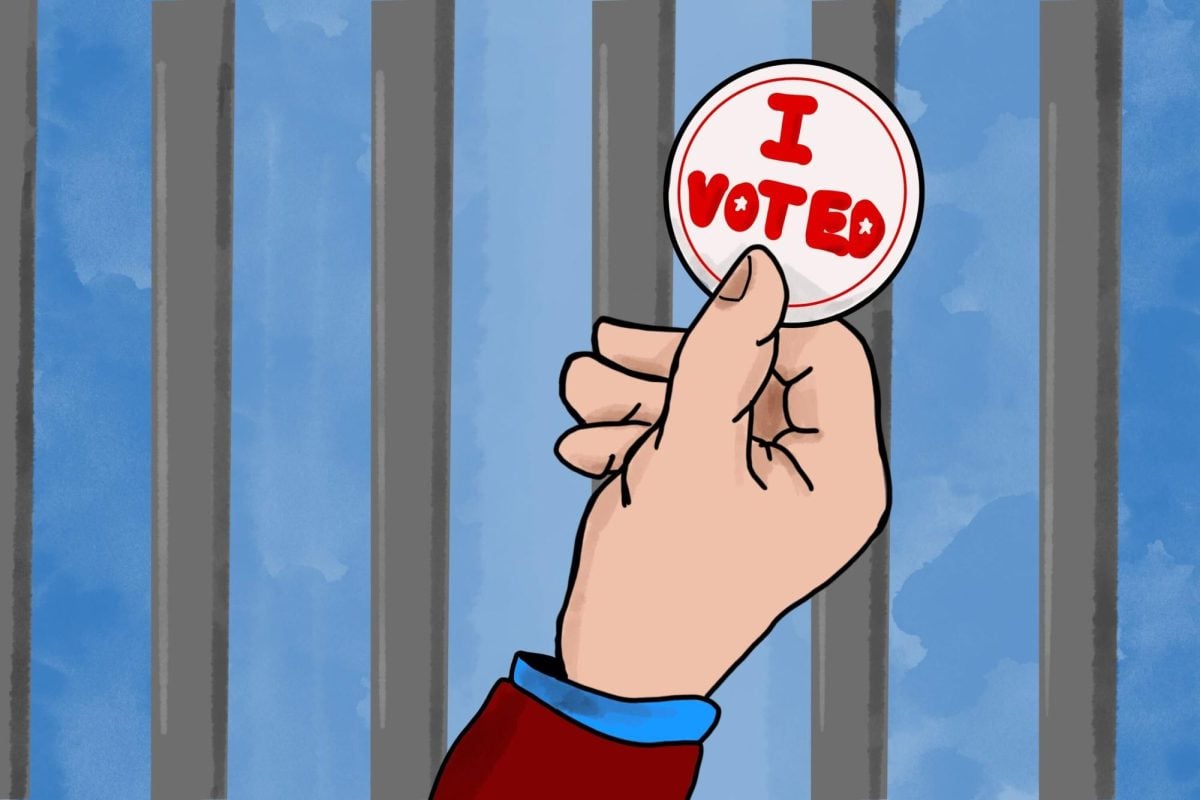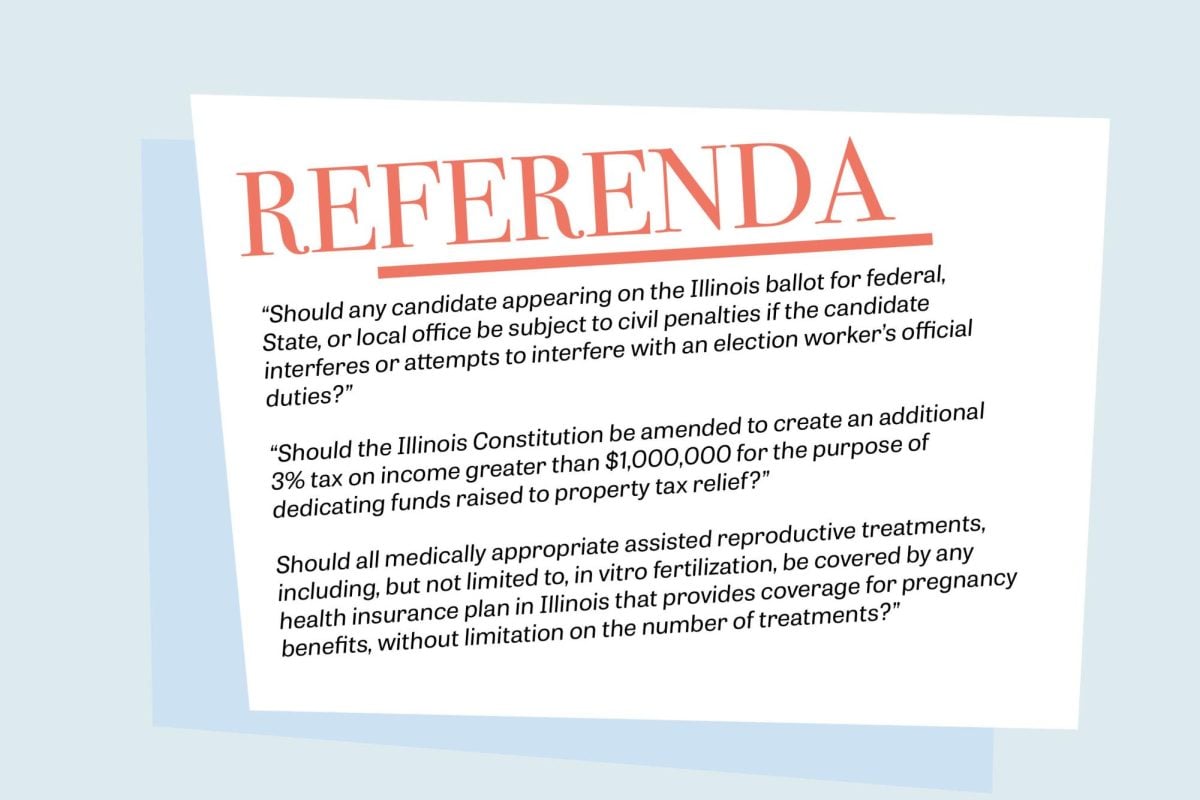Chicago Transit Authority riders won’t experience any fare increases or service cuts in 2012 – as long as the CTA secures agreement from its unions to concede to millions of dollars in work rule changes.
Of the agency’s $277 million deficit, $117 million would be trimmed through management initiatives, according to a news release issued Wednesday.
Additional cuts, including labor reforms and restraint in wage growth, could shave off up to $160 million. Modifications to health care benefits are also on the table.
“Since May, the CTA has launched a series of service improvements while cutting hundreds of positions and implementing management efficiencies that are saving tens of millions of dollars,” CTA president Forrest Claypool said in the news release. “The result is a lean management structure and the smallest number of employees in the CTA’s history.”
Next year’s proposed operating budget is $66.2 million, a 5.1 percent reduction from the 2011 budget, according to the news release.
If the CTA cannot achieve its recommendations through management-union negotiations by July 1, Claypool cautioned hike fares would be a possibility.
Weinberg junior Katie Bailey, who takes the El twice a week for her internship, said she might weigh other transportation options – such as Northwestern’s Intercampus Shuttle – if CTA fares increase.
“I think the fares are manageable (now),” Bailey said. “At the same time, I go downtown for my internship, which is unpaid, so if they were to go up, that would make me seek alternative routes depending on the degree to which they went up.”
Other students said changes to fare rates would not modify their riding behavior.
“As a student without any other modes of transportation, it’s just too convenient not to use,” said Joe Deng, a Communication sophomore who takes the El about once every other week.
Deng said despite delays in service sometimes, the current fare is “reasonable.”
“It’s cheaper than owning a car,” he said.
In addition, the agency would have to lay off up to 1,000 employees and make cuts to its bus and rail services if it cannot garner unions’ support, Claypool said in the news release.
Collective bargaining agreements for the CTA’s union expire Dec. 31, but the negotiation process is underway.
Meanwhile, Amalgamated Transit Union leaders have already declared they would not sacrifice working conditions to close the CTA’s deficit.
The proposed budget cuts are the CTA’s deepest in recent years, excluding 2010, when it laid off more than 1,000 employees to resolve a $300 million deficit.
The agency has been wrestling with its financial issues for nearly 30 years, according to the news release.
kimberlyrailey2014@u.northwestern.edu












